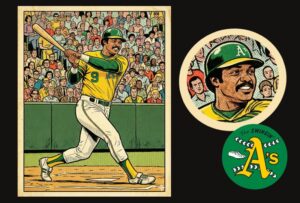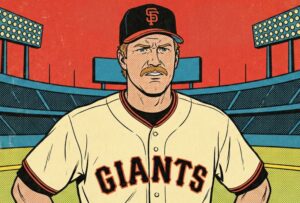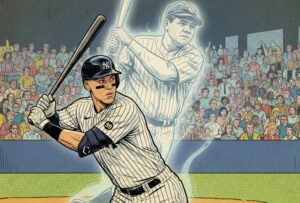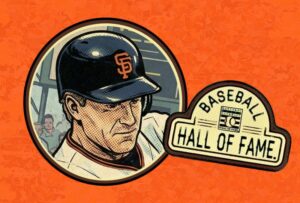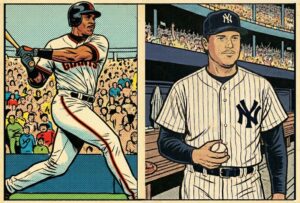For eight seasons, Alex Rodriguez and Robinson Cano surrounded Derek Jeter in the Yankees’ infield. A rose between two thorns, the cheaters and Mr. Perfect Pinstripe. Once Cano tacks on a few hundred more, all three will be members of the 3,000-hit club. But their legacies are bound to be vastly different.
Cano returns to New York after a blockbuster trade between the Mariners and Mets, Seattle ridding themselves of the wolf they let in the barn. After signing a ten-year, $240 million deal to go to the Great Northwest, Cano did the things we knew he’d do, like jog down the baseline and frequently play indifferent defense. But he also did the things we didn’t know he would do and paid the price with an 80-game suspension in 2018. His reputation in the Seattle clubhouse never rebounded and the front office couldn’t dump him fast enough.
Cano will be 36 in 2019, he has a career .300 batting average, more than 300 home runs, he’s won a pair of Gold Glove Awards. He’s no longer the defensive player he once was, a second baseman in name only. He sits 530 hits away from 3,000, which he could get in three seasons if he stays healthy and stays off the syringe. But that milestone won’t feel the same, and he’s sure to join the other shamed members of the 3,000-hit club.
Rodriguez is in that group, a tainted member of the 3,000-hit club and one of the most polarizing athletes in history. From 2005 to 2012 he played third base in the same infield with Cano, hit behind the younger Robby, drove in oodles of runs, hit those “A-Bombs,” and won two MVP awards in The Bronx. But Mickey Mantle-style love never came his way in The Bronx.
ARod was hit with the longest steroid-associated suspension in baseball history in 2013 when MLB suspended him for the balance of the season in August and banned him for the entire 2014 season too. It wasn’t the first time Rodriguez cheated: earlier in his Yankee tenure he called a somber press conference to admit that he had used steroids from in Texas. He cited the pressures of living up to his huge free agent contract. Jeter was one of the props at that press conference, one of the “supportive teammates” sprinkled around the room to make Rodriguez look legitimate.
The previous two paragraphs drown out the accomplishments of the two players. Yes, ARod hit 696 home runs and has more than 3,100 hits. But his legacy will be the drugs he took, the lies he told, the people he tried to fool. And yes, Robby Cano will most likely reach the 3,000-hit mark, he may hit more home runs than any second baseman in history, but his 80-game suspension casts a shadow over his career.
Jeter will be eligible for the Hall of Fame in 2020, a stamp of approval he doesn’t need. His reputation is pristine, the worst things you can say about Mr. Jeter is that he was a boring interview and an overrated defensive shortstop. He was a team leader, a post-season hero, a squeaky clean icon, his one-word epigraph is “winner.” He’s the Bill Russell of baseball.
It’s ironic that of the three, Jeter was probably the least talented athlete. He might have been the third best shortstop in his own infield. He was certainly the most bland. ARod dated celebrities and had paintings of himself on his bedroom wall. Robby wore bling and was too cool for everyone else. They both embraced New York for the other things it could provide, the FWB (Fans with Benefits). Jeter wanted to win.
No team in baseball history has had three future 3,000-hit club members in the same infield for even two years, let alone eight. They could have been 3K3 or some clever nickname like that. Instead, two-thirds of one of the most talented infield trios ever will have asterisks next to their accomplishments, will be hounded by their decisions to cheat rather than play it clean and fair.
The Cano Show is back in New York, but it feels more like a sad train wreck reality show than must-see TV.



